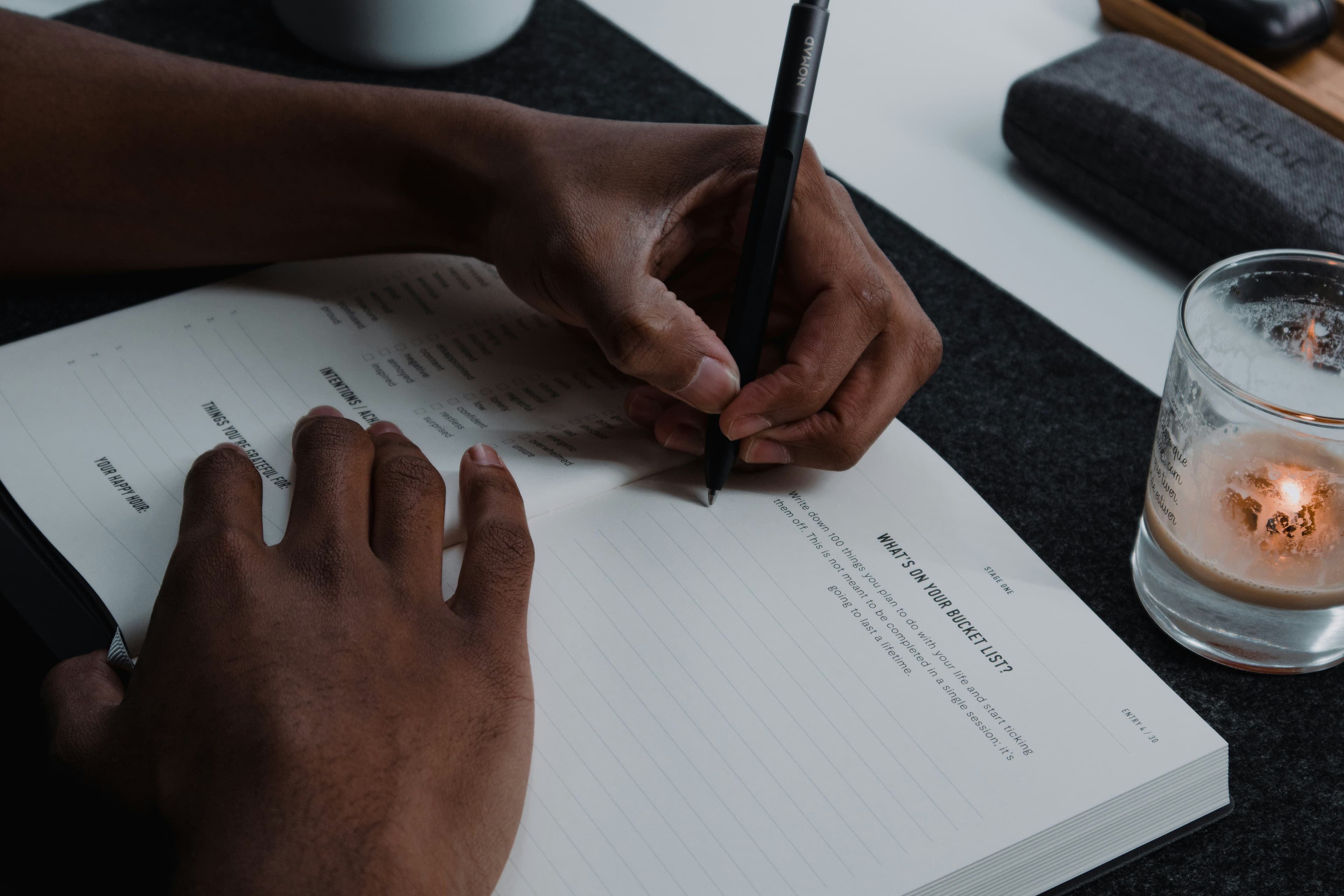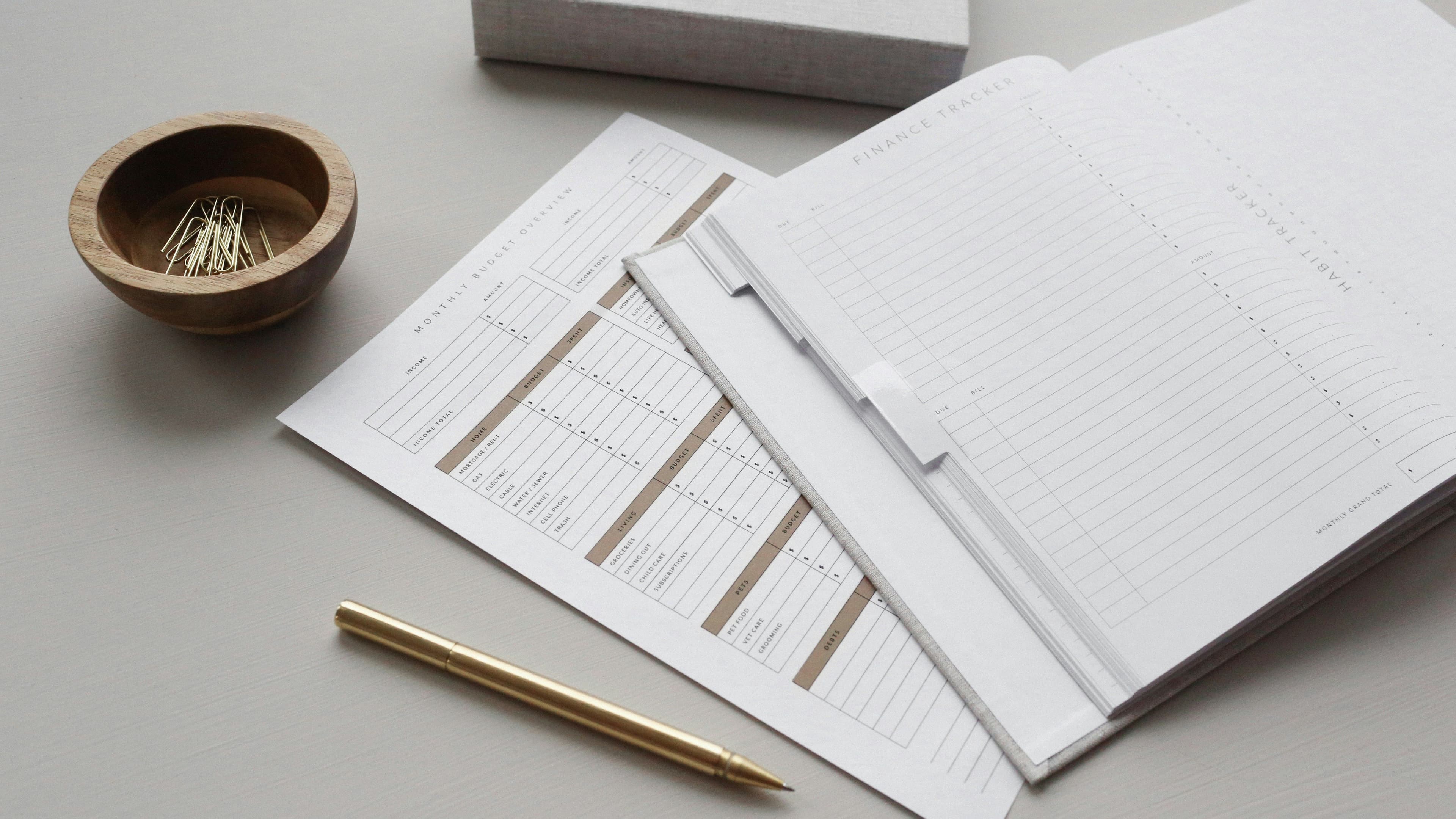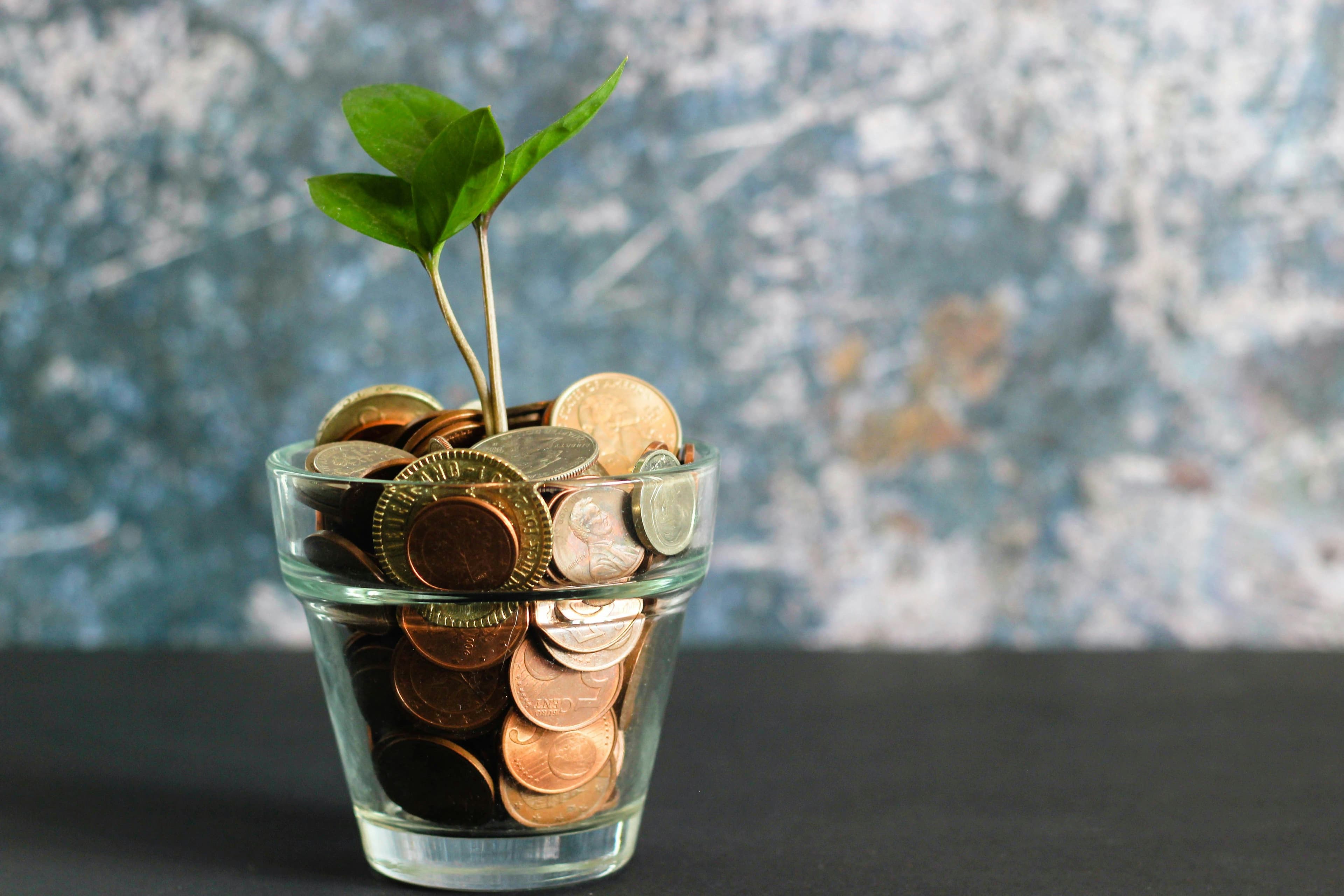5 Money Mistakes That Cost You $50K (Fix These Now)
Discover the 5 costly money mistakes keeping you broke. Learn why smart people fall into these financial traps and how to fix them before it's too late.
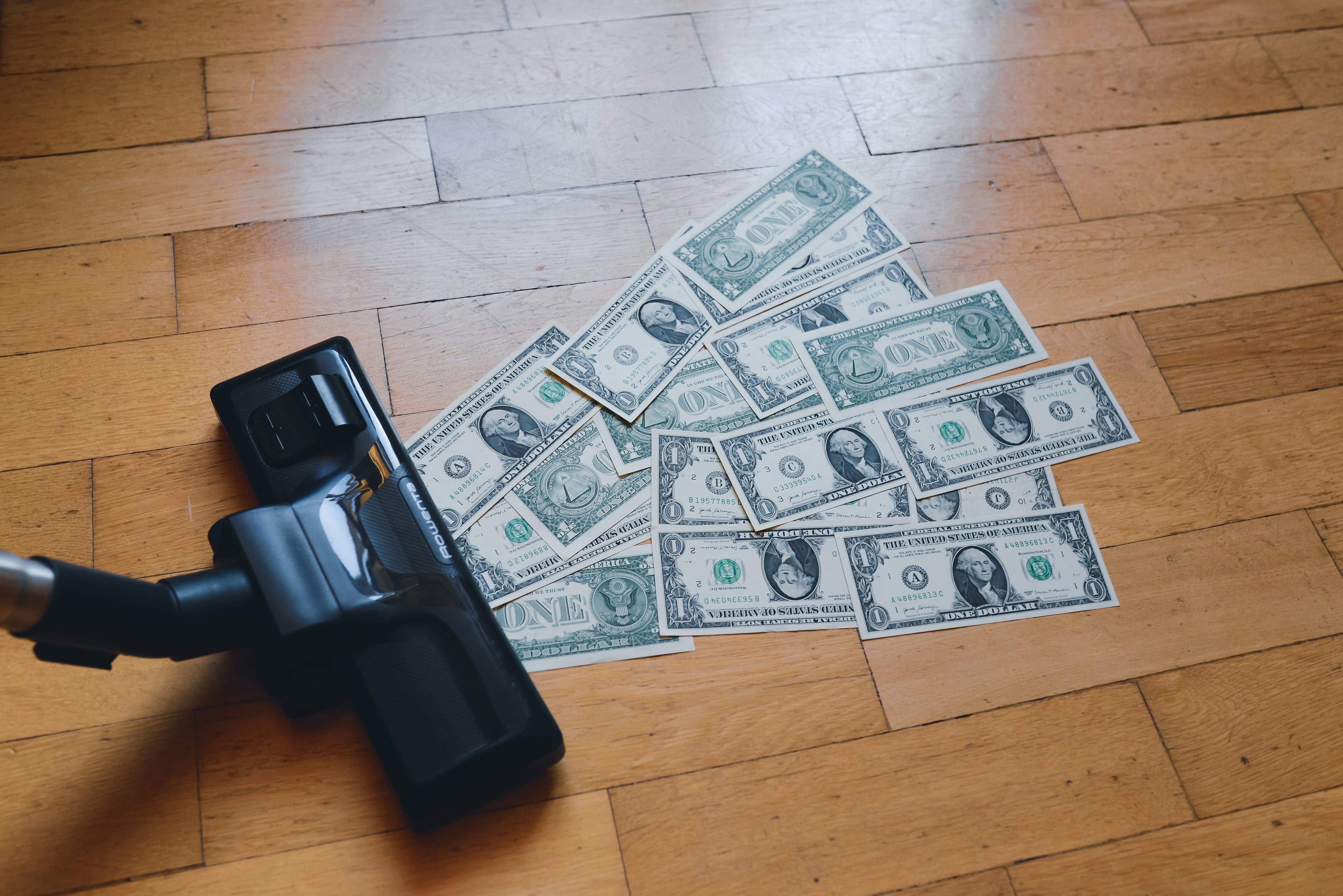
I used to think I was decent with money. You know that feeling when you're not drowning, but you're definitely treading water? That was me. Bills got paid (mostly on time), I had maybe $400 in savings, and my credit cards weren't completely maxed out, though they weren't exactly empty either.
But "not terrible" isn't the same as good. God, I wish someone had told me that earlier.
It hit me like a freight train when I turned 28 and realized I had basically nothing. Years of working, of thinking I was being responsible... and what did I have to show for it? A beat-up Honda and a checking account that made me nervous every month. The worst part? I thought I was doing okay because I wasn't living paycheck to paycheck like some people I knew.
Spoiler alert: I was still living paycheck to paycheck, just with better marketing.
If you're reading this feeling frustrated, watching money slip through your fingers despite trying to be "good" with it, you're definitely not alone. Most of us learned money management the same way we learned to drive: badly, from people who learned badly from people before them. It's like a game of financial telephone, except everyone's whispering the wrong information.
Here's the brutal truth: these seemingly innocent mistakes are probably costing you way more than you think. And I mean way more.
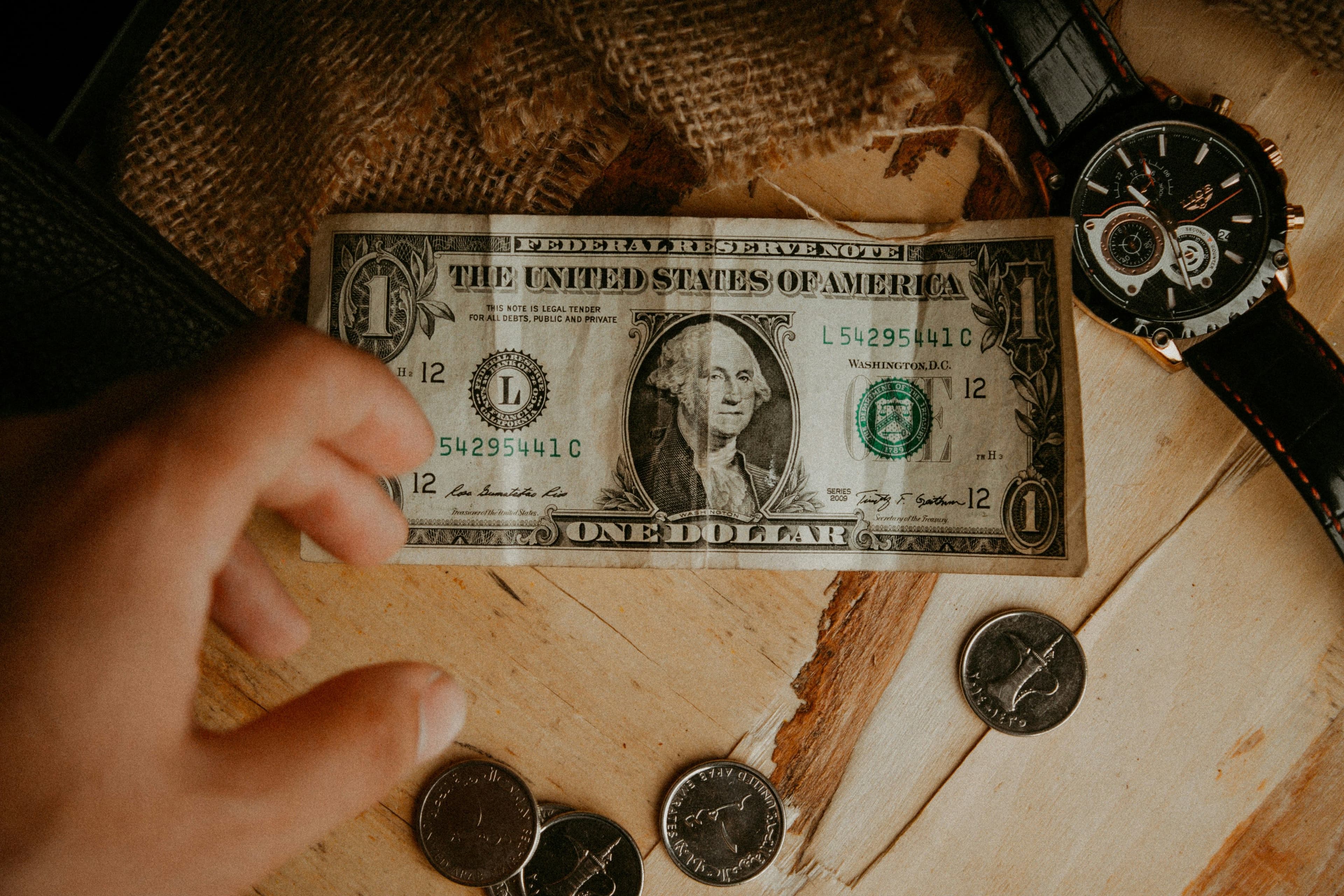
Mistake #1: Your "Emergency Fund" Isn't Actually for Emergencies
This one makes me want to shake past-me by the shoulders.
Most people (myself included, for years) open a savings account, dump some cash in there, and slap the "emergency fund" label on it. Problem is – and this is a big problem – they treat it like a general slush fund for anything slightly unexpected.
Car needs tires? Emergency fund. Want to go to your friend's wedding in Cabo? Emergency fund. See that gadget on sale that you've been eyeing for months? You already know where this is going.
I did this dance for literally years. My "emergency fund" hovered around $800 because I kept raiding it for stuff that wasn't remotely an emergency. Then, and this is where the universe decided to teach me a lesson, my laptop completely died right before a massive freelance deadline. Real emergency, actual crisis... and guess what I had to use? My credit card. Because my emergency fund was sitting at $200 after I'd "borrowed" from it to buy concert tickets the month before.
The smarter move (which took me way too long to figure out): Separate your money like you're organizing a spice rack. Emergency funds go in one container, totally separate, maybe even at a different bank if you don't trust yourself. Then create these things called sinking funds for everything else. Car maintenance fund, vacation fund, "random stuff I want" fund. When your tires need replacing, you're not stealing from future-emergency-you. You're using money you specifically saved for car stuff.
This is especially crucial if you're dealing with irregular income like freelancers face; having separate funds becomes even more critical when your paychecks aren't predictable.
It's like having different jars for different cookies instead of one big jar where the chocolate chip cookies always get eaten first.
Mistake #2: Obsessing Over Lattes While Ignoring the Elephant
Oh man, this one still makes me cringe.
I spent – I'm not exaggerating—two entire years obsessing over my daily coffee habit. Four dollars here, three-fifty there. I switched to generic everything, clipped coupons like it was my job, and felt so proud when I "saved" money on groceries. After all that penny-pinching optimization, do you know how much extra I had each month? Maybe $150-200.
Meanwhile (and this is the embarrassing part), I hadn't asked for a raise in three years. Three years! I was turning down freelance gigs because I was "too busy"; apparently busy watching Netflix and congratulating myself for using store-brand pasta sauce.
Don't get me wrong, cutting wasteful spending absolutely matters. Learning to budget when money is tight is a valuable skill. But most people, myself included, get so laser-focused on the small stuff that they completely ignore the big opportunities staring them in the face. You can only cut so much before you're living on ramen and misery. But income? That ceiling doesn't exist.
The better approach: Flip the script. Spend 80% of your financial brainpower on making more money and 20% on spending less. Have that awkward conversation with your boss about a raise. Start that side hustle you keep talking about. Learn something new that makes you more. valuable. A $300/month raise will blow away a year of extreme couponing, and it's probably easier to get than you think.
Mistake #3: The Minimum Payment Trap (AKA Financial Quicksand)
This mistake literally kept me awake at night once I realized how dumb I was being.
Picture this: I'm making minimum payments on credit cards charging me 18-22% interest while simultaneously putting money into a savings account earning basically nothing. Zero-point-zero-one percent, if I'm being generous. I was paying the credit card companies to borrow my own money back from them. The math is so backward it hurts.
Here's what that actually looks like: $3,000 in credit card debt with minimum payments means you'll pay over $7,000 total and take 25+ years to clear it. Twenty-five years! Meanwhile, that $1,000 sitting in savings earning pennies is doing absolutely nothing except making you feel responsible.
It's like trying to fill a bucket with a massive hole in the bottom while congratulating yourself for still putting water in.
The fix (which seems obvious now but wasn't then): Treat high-interest debt like your house is on fire. Keep maybe $1,000 for actual emergencies, then attack that debt with everything else. Highest interest rate first—it doesn't matter if it's the biggest balance or the smallest. Every month you wait, compound interest is working against you instead of for you.
Once you've tackled that debt, you can focus on building real wealth. Saving $10,000 in a year becomes much more achievable when you're not bleeding money to interest payments every month.
And compound interest? That's the most powerful force in personal finance. You want it on your side, not eating your lunch.
Mistake #4: Market Timing and Market Avoiding (Both Are Expensive)
I have these two friends who perfectly illustrate both sides of this disaster.
Friend A – let's call him Jake—constantly tries to outsmart the stock market. He's always buying when he thinks it's "low" and selling when he gets nervous (which is often). Jake has been "investing" for a decade and has basically broken even. Actually, he's probably behind if you factor in inflation.
Friend B – Sarah – keeps everything in savings accounts because investing is "too scary." She's been diligently saving for 15 years and thinks she's being responsible. What she doesn't realize is that inflation has been quietly stealing her purchasing power this entire time. That $10,000 from 2009? It buys about $7,500 worth of stuff today.
Both approaches are bleeding money, just in different ways.
The boring truth that actually works: Consistent, automatic, mind-numbingly boring investing beats clever timing every single time. Set up automatic transfers to low-cost index funds and then... do nothing. I know it's not exciting. It doesn't make you feel smart at dinner parties. But compound growth over decades is literally the closest thing to magic in personal finance.
Start with whatever you can; even $25/month matters. The amount isn't as important as starting.

💡 50 Digital Side Hustle Ideas
Get your free guide packed with 50+ profitable digital side hustle ideas you can start today — even if you're a complete beginner!
We respect your privacy. Unsubscribe at any time.
Mistake #5: The "Where Did My Money Go?" Mystery
Ask people where their money goes, and you'll get some version of: "Rent, car payment, groceries, and... uh... I have no idea where the rest disappears to."
That "I have no idea" category is usually 30-40% of their income. It's like financial amnesia.
I decided to track my spending for one month, just one month, and nearly choked on my coffee when I saw the results. I thought I spent maybe $80-100 on restaurants and takeout. The actual number? $340. Three hundred and forty dollars! I was spending more on DoorDash than groceries and had zero clue.
Those little purchases are sneaky. Five dollars here, twelve dollars there—it doesn't feel like much in the moment. But it adds up like interest, except in reverse.
Track everything for 30 days. Not to judge yourself (though you might anyway), just to get real data. Use an app, a spreadsheet, or write it on napkins, whatever works. You can't fix what you can't see, and you probably have money leaks you don't even know about.
The Reality Check You Need
Here's the thing that nobody wants to hear: every single day you avoid dealing with these mistakes is another day you're screwing over future-you. And future-you is going to be really, really annoyed about it.
Compound interest doesn't care about your excuses. It's working 24/7, either for you or against you. Right now, it's probably working against you.
But here's the good news (and there is good news): you don't need to fix everything overnight. Pick one thing from this list, the one that made you wince the most, and tackle it this week. Not next month when things calm down, not after the holidays when you have more time. This week.
Your money isn't managing itself. It's not going to magically get better because you hope really hard or because you deserve it to work out. But once you start making these changes? Momentum builds. Small wins create bigger wins, and before you know it, you're actually controlling your finances instead of just crossing your fingers.
Stop making these mistakes. Future-you is counting on present-you to get it together.
About The Author

SEO consultant
Austin, USA
Maya Rodriguez is an SEO consultant and digital marketing strategist with over 12 years of experience helping businesses improve their online visibility and organic traffic. Based in Austin, Texas, she's worked with over 50 clients ranging from local startups to Fortune 500 companies, achieving an average organic traffic increase of 180% across her client portfolio... Full bio
You might also like

